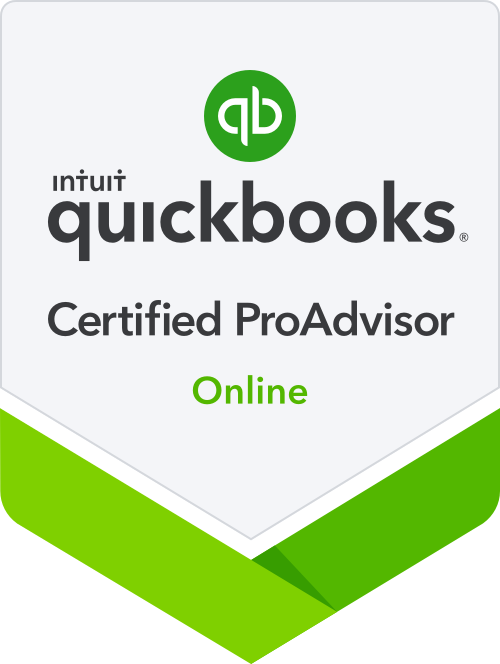Working from home has its perks. Not only can you skip the commute, but you also might be eligible to deduct home office expenses on your tax return. Deductions for these expenses can save you a bundle, if you meet the tax law qualifications. Under the Tax Cuts and Jobs Act, employees can no longer claim the home office deduction. If, however, you run a business from your home or are otherwise...
Read More
The IRS uses Audit Techniques Guides (ATGs) to help IRS examiners get ready for audits. Your business can use the same guides to gain insight into what the IRS is looking for in terms of compliance with tax laws and regulations. Many ATGs target specific industries or businesses, such as construction, aerospace, art galleries, child care providers and veterinary medicine. Others address issues...
Read More
There’s good news about the Section 179 depreciation deduction for business property. The election has long provided a tax windfall to businesses, enabling them to claim immediate deductions for qualified assets, instead of taking depreciation deductions over time. And it was increased and expanded by the Tax Cuts and Jobs Act (TCJA). Even better, the Sec. 179 deduction isn’t the only avenue...
Read More
If you’re considering buying or selling a business — or you’re in the process of a merger or acquisition — it’s important that both parties report the transaction to the IRS in the same way. Otherwise, you may increase your chances of being audited. If a sale involves business assets (as opposed to stock or ownership interests), the buyer and the seller must generally report to the IRS...
Read More
Small businesses may find it beneficial to barter for goods and services instead of paying cash for them. If your business engages in bartering, be aware that the fair market value of goods that you receive in bartering is taxable income. And if you exchange services with another business, the transaction results in taxable income for both parties. Income is also realized if services are...
Read More

